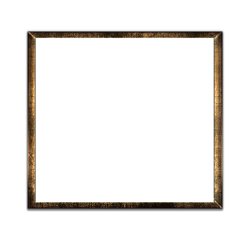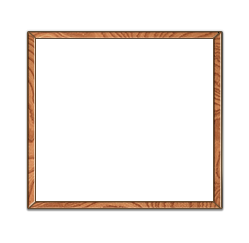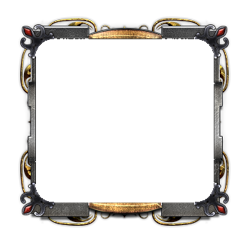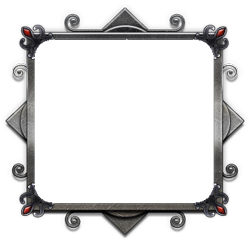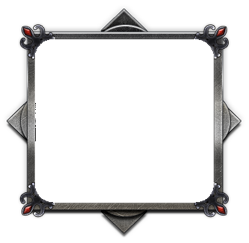False knowledge (for lack of a better term) can be as tricky as pyrite and as devastating as a natural disaster. False knowledge has plagued humanity since the beginning, with the most well known being misunderstandings of the world around us, but the less well known are perhaps, more troublesome.
For instance, doctors once believed that an individual's level of sinfulness would directly and adversely affect their health, even to the point of death. When confronted with patients with poor constitution (constantly getting sick), the most common reasoning a doctor gave, was that the patient had sinned and needed to go to church and confess. This simple piece of false knowledge lead to the deaths of countless people. Yet at the time, this false knowledge was as good as gold and was the best they could come up with.
So, I'm wondering if we should have a system where instead of always discovering something true, you instead have a chance to end up discovering something false, but believe it to be true.
For instance, I'm a blacksmith in my shop and I am working on a way to get the most amount of worth out of every piece of metal. Now, I'm new to blacksmithing and I am not traditionally trained. So I believe that if I take the left over pieces of metal from my other works, and melt them all down into one piece of metal, I can forge another sword without needing to buy more metal.
So I go about gathering all of the broken chunks and shards of metal. And I end up with copper, Iron, nickel, and a few chunks of extremely expensive steel that I really don't want to throw out because it cost a small fortune to get. I then place all of these pieces of metal into my crucible and begin melting them down and go through the process of turning them into something useful. Now, I have no idea how to actually make alloy, I'm just tossing this together and hoping it works. And, say it does work, I manage to come up with one big chunk of multi-colored metal, and I call it unobtainium.
I take this unobtainium and make my sword. I manage to sharpen it, and it stands some test strikes against a chunk of wood. I not only believe myself to be a genius, but I also declare that this sword is indestructible and sell it for a high price. I then go about making more of them. Eventually I have made enough of these swords for a small army. The army then goes to battle and within a few minutes, all of the swords break and the army is completely decimated.
I think that by having false knowledge in the game, we would be generating even more stories and also creating a bit of risk to our experiments. So instead of just guaranteeing that any discovery we make is true and factual, we would now have to doubt it and put it through rigorous testing before we proclaimed it to be a factual discovery. And woe be upon those who don't test their experiments and instead use them without a second thought.

